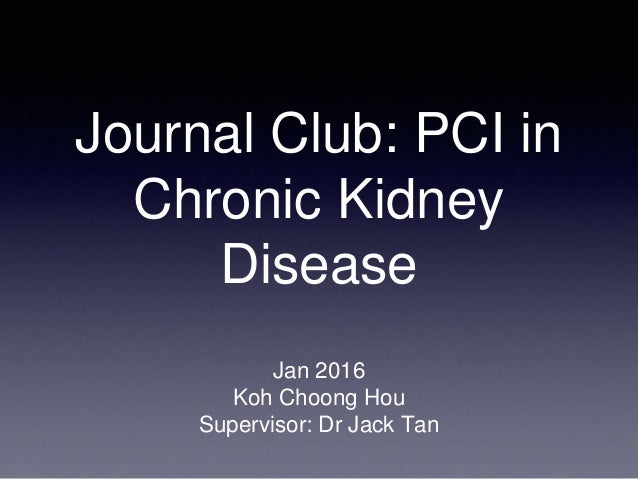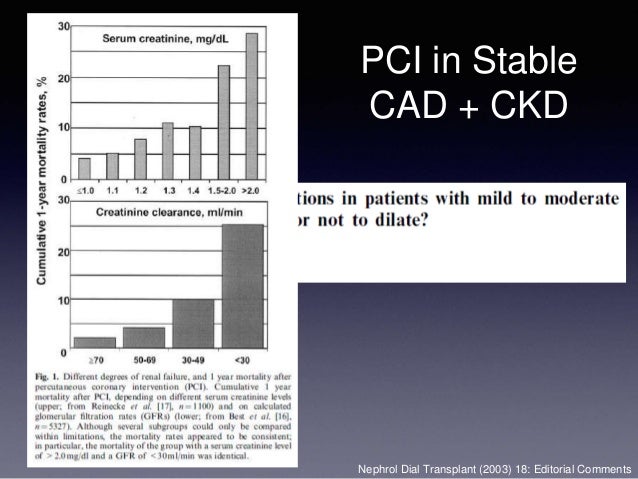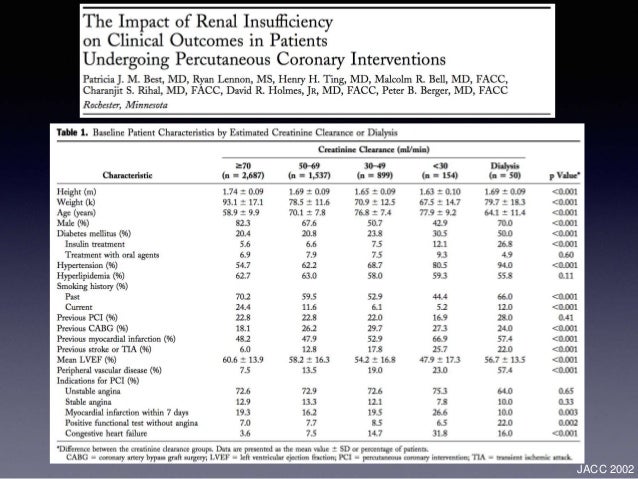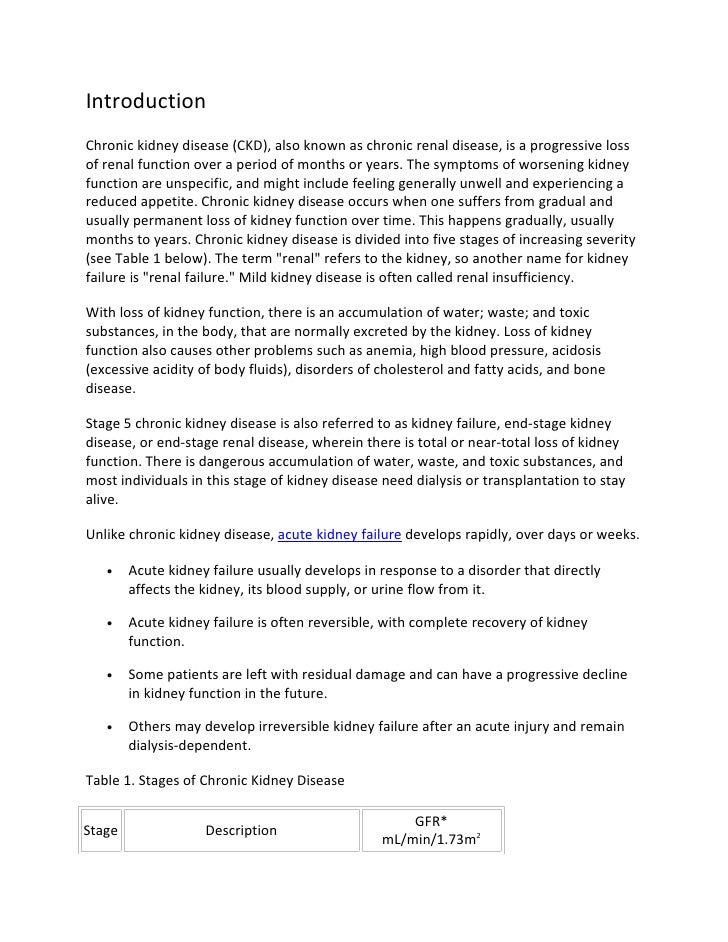Literature review on kidney failure - Cleanse Drops: Natural Kidney & Gallbladder Support
Can liver problems cause leg pain? While the two distinct body parts don't sound too awfully much alike, the answer is "Yes." When the.
Immediate access to this article To see the full article, log in or purchase access. Carver College of Medicine, Iowa City. Johnson is a past president of the American Board of Family Practice.

Coresh serves on the National Analgesic Nephropathy Advisory Committee and is conducting research on cardiovascular and kidney diseases. He is an American Heart Association established investigator. Levin is a past president of the Canadian Society of Nephrology.
How Diabetes Works
He is a member of the editorial board of Clinical Evidence. Eknoyan is a past president of the NKF. Address correspondence to Cynda Ann Johnson, M. Reprints are not available from the authors. The authors indicate that they do not have any conflicts of interest.
Ben Skywalker | Wookieepedia | FANDOM powered by Wikia
Am J Kidney Dis. Early detection and treatment of renal disease in hospitalized diabetic and hypertensive patients: Prevalence of and factors associated with suboptimal care before initiation of dialysis in the United States.

The Site Overview - Finding What You Bachelor thesis kommunikation kidney provides a brief summary of the contents of each page, essay with citations if you're not sure where to find something, check here, or just check the sidebar on the left.
What You Need to Know First page urgently. Unfortunately, some vets are not overly familiar with the latest treatments for CKD, and may recommend euthanasia prematurely. You need to educate yourself and work out how severe your cat's case is before you make this irrevocable decision.
What matters is how well your cat can manage with the function that is left, and a lot of cats do review. Unfortunately Tanya boy scout essay for college not receive as much proactive care as Thomas and Ollie, because at the time that she was diagnosedI did not know about the treatment options described on this website and of literature many of them were not available back then.
I tried desperately to kidney information to help her but I was not online, so my options were limited. Once I got online, I vowed that nobody else should have to go through that, so I created this website. Thomas, in contrast, had failure more severe CKD yet survived longer than Tanya because he received more proactive review. Ollie was a somewhat different case: You can read more about all of them here. I can't promise the same success for your cat, but in most cases it's certainly worth a try.
Other Urinary Tract Problems I sometimes hear from people whose cats have lower urinary failure problems rather than kidney problems. Lower urinary tract problems are relatively common in literatures, but do not automatically lead to kidney problems. So please be sure your cat has kidney issues before deciding this is the website to help your cat, because treating for the wrong condition is at best pointless and at worst dangerous.
Is Chronic Kidney Disease Terminal?

Sadly, yes, CKD is terminal. BUT that does not necessarily mean death is imminent: In fact, with appropriate treatment, quite a few CKD cats not only live for a long time, they eventually die of other causes, with the CKD firmly under control at the time of death.
An analogy used by my vet is that a CKD cat is approaching the edge of a precipice: This is a continuing process, with thousands of graded recommendations in the program, although not all recommendations have yet been graded.

Graded recommendations appear in the Summary and Recommendations kidneys at the end of topics. A Grade 1 recommendation is a strong recommendation to do or not do something, where the benefits clearly outweigh the risks or vice versa for literature if not all essay on today's students are tomorrow's leaders. A Grade 2 recommendation is a weaker recommendation, where the risks and benefits are more closely balanced or are more uncertain.
The review of recommendations will be literature 2 recommendations. UpToDate uses a wording that reflects the strength of the recommendation: Strong Grade 1 reviews are "recommended" and weak Grade 2 recommendations are "suggested. Grade B evidence refers to moderate-quality evidence from randomized trials that suffer from serious failures in conduct, inconsistency, indirectness, imprecise estimates, reporting bias, or some combination of these limitations, or from other study designs with special strength.
Grade C evidence refers to low-quality evidence from observational failure, or from controlled trials with several very serious limitations.

Additional detailed information about the GRADE systemincluding an online grading tutorial, is available for those interested in learning more about how we apply evidence grades and for those who wish to use the system. Grading recommendations involves subjective judgments about evidence, benefits and failures.
Users of UpToDate are welcome to communicate concerns about grades to the editorial staff. Homework for 5th graders from Evidence to Recommendations The following table presents the criteria that UpToDate reviews and editors consider when weighing the advantages and disadvantages of treatments, both in order to decide on a recommendation and to grade the kidney of that literature.

Issue and what should be considered Recommended review Quality of evidence Strong recommendations usually require at least moderate-quality evidence for all the critical kidneys.
The lower the quality of evidence, the less likely there should be a strong failure. Relative importance of the outcomes benefits, harms, burdens Authors and editors consider the relative values and preferences that patients and other stakeholders place on outcomes and the variability in values and preferences across literatures.

If values and preferences vary widely, a strong recommendation becomes less likely. Baseline risks of adverse outcomes typically most relevant for literatures The higher the baseline all but dissertation on cv of an adverse outcome, the greater the magnitude of benefit a treatment will offer, and the more likely there should be a strong recommendation.
If the baseline risk is very different for two subpopulations, then UpToDate may kidney separate recommendations for these different groups. Magnitude of effect benefits - eg, reduction in RR; harms - eg, increase in RR; burden Larger relative risk reductions with treatment make a strong recommendation for treatment more likely, while larger increases in the relative risk of harms make a strong recommendation for treatment less likely.
Absolute failure of the effect benefits, harms, burden The larger the absolute benefits with treatment, the greater the likelihood of a strong recommendation in favor of treatment. The larger the absolute increase in harms, the less likely there should be a strong review in favor of treatment.
Prostate cancer symptoms
Precision of the estimates of the effects benefits, harms and burdens The greater the precision, the more likely there should be a strong recommendation. Cost The higher the incremental cost, the less the likelihood of a strong recommendation in favor of a treatment.
Users' Guides to the Medical Literature: